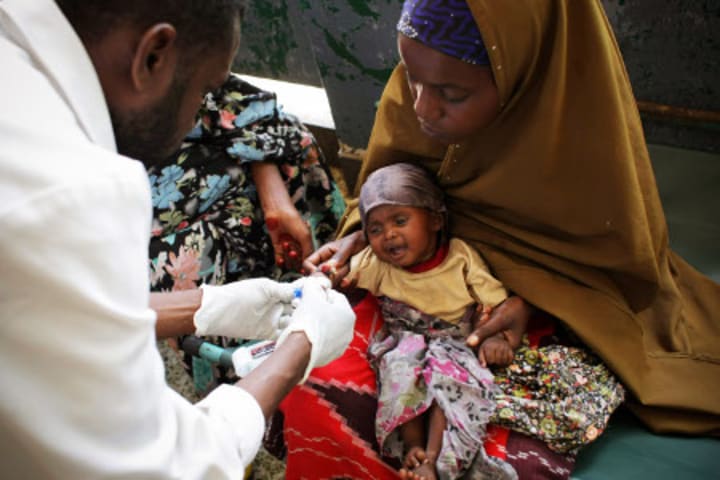
A special force to protect humanitarian groups delivering aid to drought-stricken areas across Somalia has yet to be created, and already there are doubts about its effectiveness outside Mogadishu.
Abdiweli Mohamed Ali, prime minister of Somalia’s Transitional Federal Government, announced Saturday, Aug. 13, the creation of a special force tasked with protecting aid convoys, providing security during aid distribution and countering looting and other related activities. This came after U.N. relief chief Valerie Amos appealed for aid workers’ safe passage to all afflicted areas.
But Paul O’Brien, overseas director of international nonprofit Concern Worldwide, doubts the special force can protect the humanitarian groups outside of Mogadishu.
Although al-Shabab pulled out from Mogadishu early this month, it continues to control many of the famine-hit areas outside of the Somali capital. The militant group prevented Somalis who wanted to flee these cities for refugee camps in Mogadishu from leaving, The Globe and Mail reports. Al-Shabab is also said to be blocking aid from humanitarian groups.
Aid groups speed up delivery as cholera, measles spread
Also on Saturday, Amos said relief groups are expediting aid delivery in Mogadishu, including three planeloads of plastic sheets and nonfood items from the U.N. refugee agency.
Doctors Without Borders sent medical teams and four planes with 55 tons of medical equipment, medicines and therapeutic food to the Somali capital over the past week. The teams are setting up camp in areas within and around Mogadishu that have little or no access to health care.
Faster delivery of food and medicine as well as immediate medical assistance have become more important of late, as cases of cholera, diarrhea and measles have spiked in recent weeks.
Calls for more aid
Although Amos notes there have been fewer refugees coming in to Dadaab in Kenya – the largest refugee camp for hungry Somalis – many children arrive severely malnourished.
This prompted Amos to entreat the international community to do more to help.
Prior to this appeal, several countries and corporations have either increased their donations or pledged new assistance. Among these are:
Spain, which boosted aid by nearly €6 million ($8.5 million).
Coca-Cola, which donated $1.4 million for hunger relief efforts.
Read more news on the East African crisis.
Read more development aid news online, and subscribe to The Development Newswire to receive top international development headlines from the world’s leading donors, news sources and opinion leaders — emailed to you FREE every business day.




